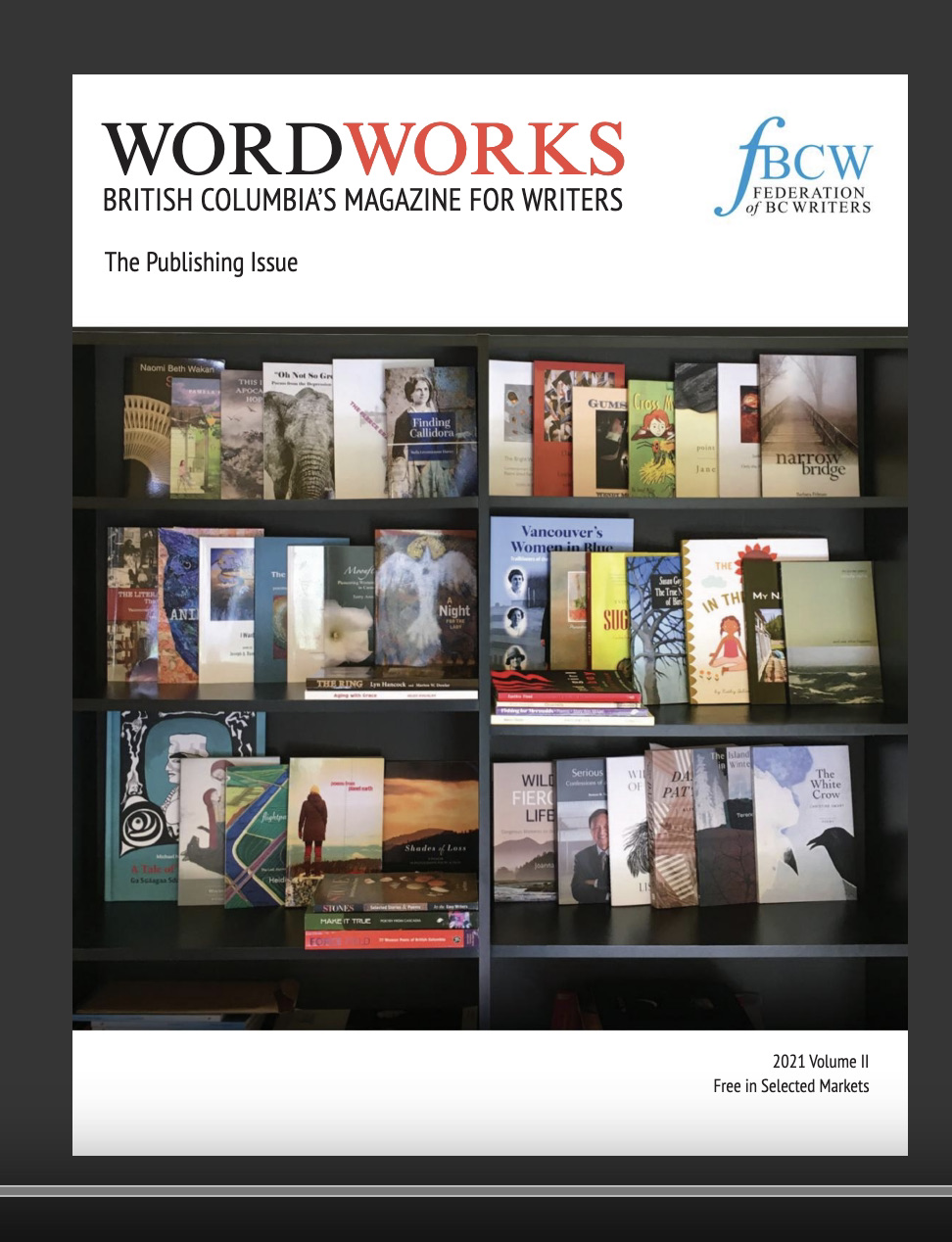“Thirty drafts? In how many years did you say?” It was my reaction more than my questions to a memoir instructor. After five years, I, too, have completed many drafts, not as quantifiable as those of the instructor since I write digitally and not longhand.
Today, my 80,000-word manuscript is as firmly grounded on the page as it is in my mind—pending future agents’ assessments. And yet doubts are hindering me from moving forward.
So, what happened during those years?
Two years after I completed the first draft, I hired an editor only to discover later that it had been too early for that. Of course, I benefited from copy editing and other syntax alerts and pertinent questions, but my manuscript wasn’t ready for a line-by-line edit. Much was still unclear even to me. I should have asked for an evaluation, a manuscript critique, or at least development guidance first.
A year later, my manuscript was ‘again’ as ready as my skills allowed, so I contacted (Canadian) agents. The guidelines of the first one required a 50-page book proposal, leading to a six-week-long, full-days, and late-nights daunting project. The rejection led to literary agencies with ‘less challenging guidelines’—however, an agent who is interested in a memoir will ask for the book proposal. With each new query, though, my critique of the previous one kicked in and exposed its weaknesses. Eight queries yielded four formal rejections and four implicit ones, plus months of waiting. I was hoping for a miracle—even now-famous authors admit that rejections by the dozens aren’t unusual.
Nevertheless, discouraged by the process, I stopped querying but kept working.
Over two more years, my narrative improved in ways that weren’t obvious earlier. I realized that I had not gained a full perspective on my memoir; a personal story can’t be rushed.
Editing led to deleting (the hardest part) as well as developing, tweaking, copying/pasting, splitting chapters, and other fact-checking. The text got sharper—unclear thoughts and blurry transitions couldn’t hide in verbiage anymore.
Unlike an autobiography, a memoir doesn’t have to be chronological, but my flashbacks needed logical smooth triggering and the dramatic backbone of my narrative breathing space. Dynamic descriptions—as in show, don’t tell—gave it depth and substance. Reading excerpts at a conference returned encouraging critiques. What’s more, it pointed to tongue-tied traps and lack of musicality in sentences—hence the need to practice.
Still, a troubling little voice kept telling me something was missing. At a loss to identify what it was, my manuscript joined earlier drafts in my digital folder. Until I read two quotes that shuffled my mind like a deck of cards—the epiphany had revealed itself. I then played solitaire until the parts of my story found their rightful place.
It was time for more advanced readers—five friends since my first draft.
Their comments were always useful, but I knew their evaluation couldn’t be objective. I, too, had read someone’s manuscript, deemed a total rewrite by an editor—it read as the writer talked, and with a punctuation protocol of her own making. Yet it was engaging, funny, and despite her creative imagery and a rich vocabulary, it was indeed only the first draft. I had nevertheless binge-read this page-turner because I knew the writer, and I was curious for more.
I hope to give my fellow writers, those who are perhaps stuck in the doldrums of doubt, a sense of kinship in the grueling process of writing a book, especially a memoir. You are not alone to feel that way!
Meanwhile, I hope that the power of accountability will push me forward. I have more work to do, of a different type of writing. I know the pros and cons of seeking an agent versus going straight to a publisher; either way, I should seek endorsements—advance praise, or blurb—to lend credibility to my story. And I need a “platform.” Are you saying I need a blog too? Worst of all, for peace of mind, shouldn’t I turn my memoir into a novel?
Oh my… To be continued…
Edited. Original article published in WordWorks Spring 2021

